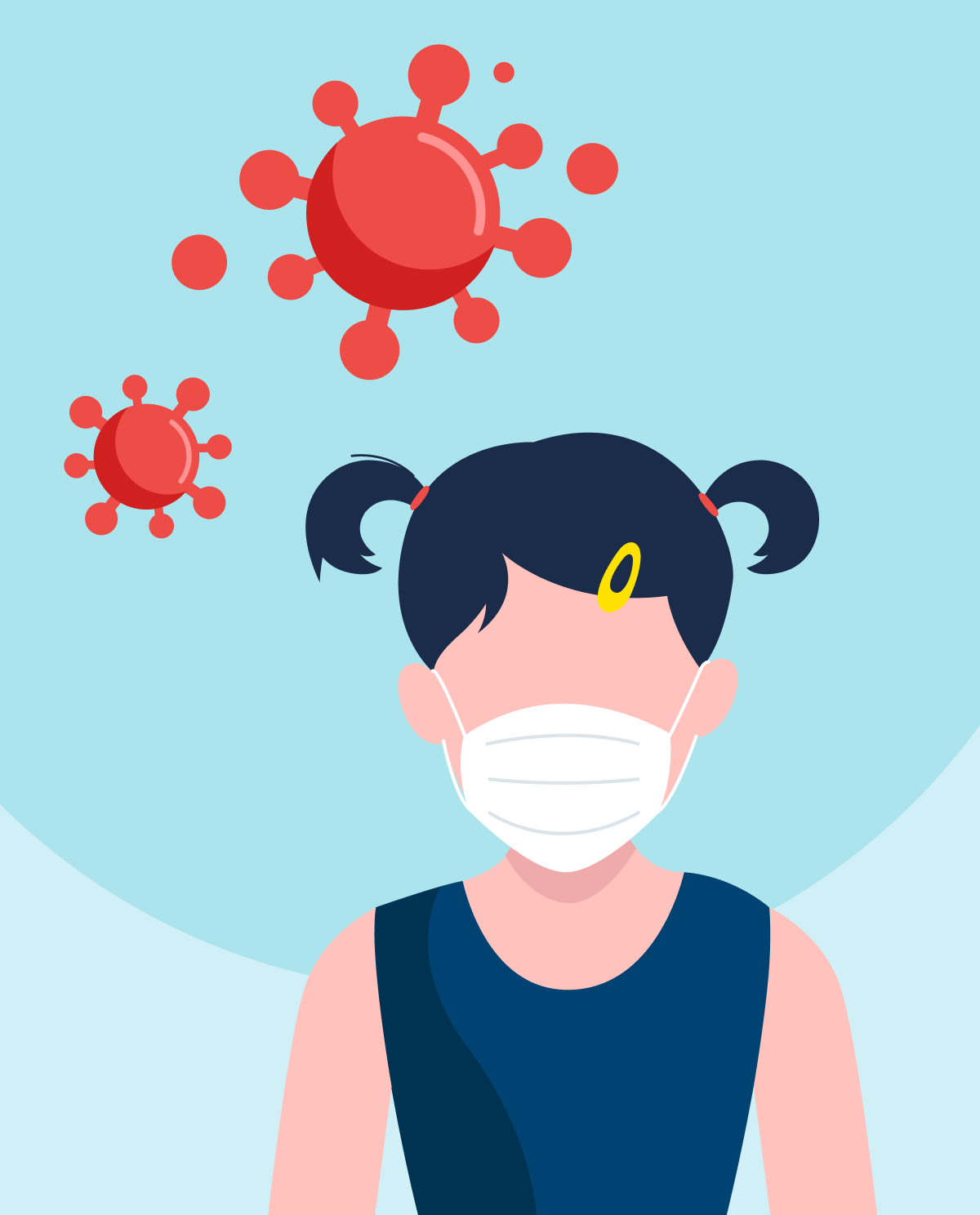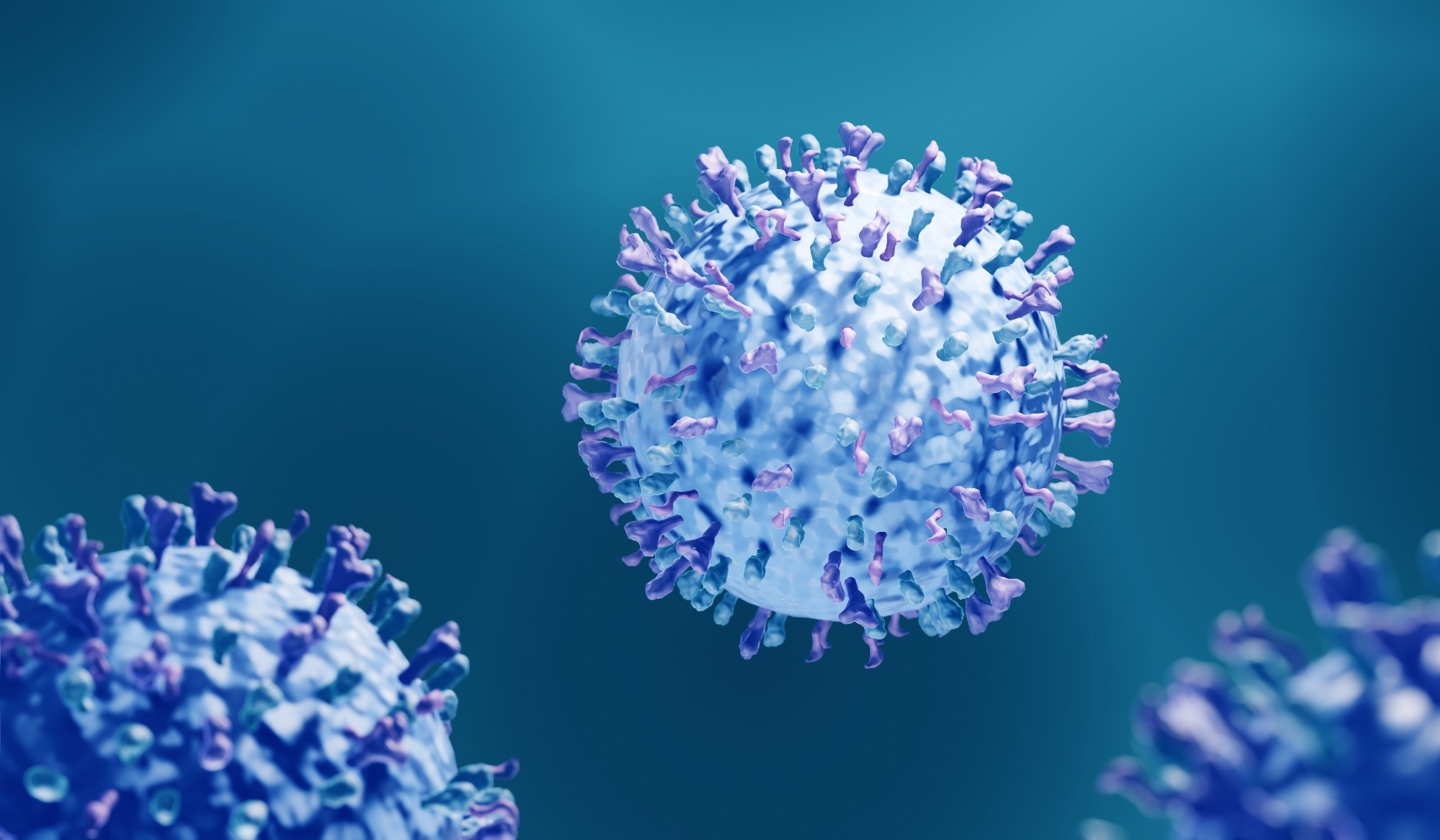Our team has analyzed and summarized the most up-to-date information on RSV symptoms to create this comprehensive guide. With this guide, you will be able to recognize and understand the symptoms of RSV, allowing you to make informed decisions about seeking medical care and protecting yourself and your loved ones.
| Symptom | Infants and Young Children | Adults |
|---|---|---|
| Fever | Yes | Yes |
| Runny nose | Yes | Yes |
| Cough | Yes | Yes |
| Wheezing | Yes | Yes |
| Difficulty breathing | Yes | Yes |
| Decreased appetite | Yes | Yes |
| Irritability | Yes | Yes |
| Lethargy | Yes | Yes |
FAQ
This FAQ section provides concise answers to commonly asked questions regarding the Respiratory Syncytial Virus (RSV) Symptoms: A Comprehensive Guide. Understanding these symptoms is crucial for timely diagnosis and appropriate treatment.

Respiratory Syncytial Virus (RSV) - SynappseHealth - Source synappsehealth.com
Question 1: What are the most common symptoms of RSV?
RSV infection typically manifests with cold-like symptoms, including a runny nose, cough, and fever. In infants and young children, RSV can also cause difficulty breathing, wheezing, and decreased appetite.
Question 2: How does RSV spread?
RSV is highly contagious and is primarily spread through direct contact with infected respiratory droplets or by touching contaminated surfaces and then touching the face.
Question 3: Who is most at risk of severe RSV infection?
Infants, premature babies, children with underlying heart or lung conditions, and the elderly are at increased risk of developing severe RSV infection.
Question 4: Is there a cure for RSV?
Currently, there is no specific cure for RSV. Treatment focuses on managing symptoms and preventing complications.
Question 5: How can I prevent RSV infection?
Preventive measures include frequent handwashing, avoiding contact with people who are sick, and cleaning and disinfecting surfaces. Infants and high-risk children may benefit from passive immunization with palivizumab.
Question 6: When should I seek medical attention for RSV?
Seek medical attention promptly if you or your child experience difficulty breathing, wheezing, or other severe symptoms. RSV can be especially dangerous for infants and young children, so it's important to consult a healthcare professional for proper diagnosis and treatment.
Understanding the symptoms and risks associated with RSV is vital for early detection and appropriate care. By adhering to preventive measures and seeking medical assistance when necessary, individuals can minimize the severity of RSV infection and its potential complications.
For more detailed information, please refer to the comprehensive guide on Respiratory Syncytial Virus (RSV) Symptoms: A Comprehensive Guide.
Tips
For comprehensive respiratory syncytial virus (RSV) management, adhere to the following tips:
Tip 1: Seek medical attention promptly if RSV symptoms worsen or become severe. Signs of serious illness include difficulty breathing, rapid breathing, flaring nostrils, bluish tint around the lips or nail beds, high fever, or lethargy.
Tip 2: Practice frequent handwashing and disinfection of surfaces to minimize transmission. Use soap and water or alcohol-based hand sanitizers.
Tip 3: Isolate infected individuals to prevent the spread of RSV. Designate a separate room and bathroom if possible, and avoid close contact with others.
Tip 4: Use a nasal aspirator to gently remove nasal congestion and improve breathing. Bulb syringes or nasal strips can also be helpful.
Tip 5: Administer over-the-counter pain relievers, such as acetaminophen or ibuprofen, to manage fever and discomfort. Consult a healthcare professional for proper dosage.
Tip 6: Elevate the head of the infected individual to improve breathing and reduce congestion.
Tip 7: Offer plenty of fluids, such as water, electrolyte solutions, or breast milk, to prevent dehydration.
Tip 8: Monitor the infected individual closely for signs of improvement or worsening. If symptoms persist or worsen, seek medical attention immediately.
By adhering to these tips, you can effectively manage RSV symptoms, reduce the risk of complications, and promote recovery.
Remember, these tips are not a substitute for professional medical advice. Always consult a healthcare professional for proper diagnosis and treatment.
Respiratory Syncytial Virus (RSV) Symptoms: A Comprehensive Guide
Respiratory Syncytial Virus (RSV) is a common respiratory virus that can cause mild to severe illness in both children and adults. It is important to be aware of the symptoms of RSV in order to seek prompt medical attention if necessary. This guide will provide an overview of the key aspects of RSV symptoms, covering their nature, duration, severity, and potential complications.
Rsv Symptoms Images Shop Offers | www.gbu-presnenskij.ru - Source www.gbu-presnenskij.ru
- Common symptoms: runny nose, cough, sneezing, fever, decreased appetite, fatigue
- Duration of symptoms: typically 1-2 weeks, but can vary
- Severity of symptoms: mild in most cases, but can be severe in infants, young children, and people with weakened immune systems
- Potential complications: pneumonia, bronchiolitis, croup
- Recognizing severe symptoms: difficulty breathing, bluish lips or skin, excessive lethargy, decreased urination
- Treatment options: supportive care, antiviral medications, hospitalization in severe cases
Understanding the nature, duration, severity, and potential complications of RSV symptoms is critical for appropriate management and prevention. Early identification and intervention can help to minimize the impact of the virus and reduce the risk of serious complications. It is recommended to consult a healthcare professional if symptoms persist or worsen, or if there are concerns about the severity of the illness.

What was the prevalence of respiratory syncytial virus between August - Source www.news-medical.net
Respiratory Syncytial Virus (RSV) Symptoms: A Comprehensive Guide
Respiratory Syncytial Virus (RSV) is a common respiratory illness that can cause a wide range of symptoms, from mild cold-like symptoms to severe pneumonia. It is the most common cause of lower respiratory tract infections in infants and young children. RSV is highly contagious and can be spread through contact with respiratory droplets from an infected person or by touching contaminated surfaces. The symptoms of RSV can vary depending on the age of the person infected and the severity of the infection.

Are you seeing an increase in RSV cases? | DistanceCME - Source www.distancecme.com
In infants and young children, RSV can cause symptoms such as fever, runny nose, cough, wheezing, and difficulty breathing. In severe cases, RSV can lead to pneumonia, bronchiolitis, and even death. In adults, RSV typically causes mild cold-like symptoms, but in some cases, it can lead to more serious complications such as pneumonia and bronchitis.
There is no specific cure for RSV, but treatment can help to relieve symptoms and prevent complications. Treatment for RSV typically includes rest, fluids, and over-the-counter medications to relieve symptoms. In severe cases, hospitalization may be necessary to provide supportive care and treatment.
Prevention is the best way to protect against RSV. There is a vaccine available to prevent RSV, but it is only recommended for certain high-risk groups such as premature infants, children with heart or lung conditions, and children who have weakened immune systems. Other ways to prevent RSV include washing your hands frequently, avoiding contact with people who are sick, and covering your mouth and nose when you cough or sneeze.
RSV is a common and potentially serious respiratory illness. By understanding the symptoms of RSV and taking steps to prevent infection, you can help to protect yourself and your loved ones from this virus.
